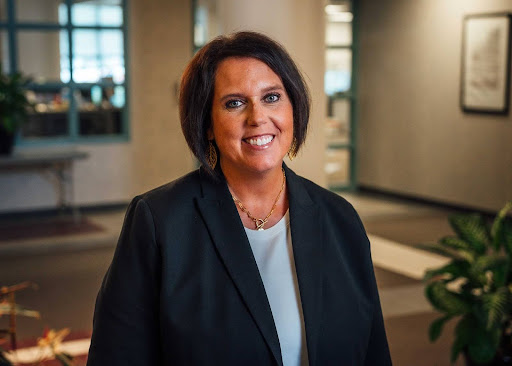Guest Opinion: When women speak, believe them

When a woman speaks, we should believe her. When people show you who they are, we should believe them.
So, it doesn’t seem logical that over the past many months, our society has largely ignored the claims of a multitude of women who have recently made public their own experiences at the hands of celebrities and power brokers who are sexual predators. And each successive case of a powerful man’s misbehavior erupting into the open helps embolden the next round.
Decades ago, law professor Anita Hill tore the longstanding veil of secrecy around sexual harassment when she testified against then-nominee to the U.S. Supreme Court, Judge Clarence Thomas. More recently, women have presented a cascade of disturbing revelations about the behavior of highly-visible men — revelations often dismissed as “false,” “lies” or “locker room talk.” These men have shown us who they are, and we need to believe them.
This is the key problem for so many victims. Women fear they won’t be believed or will experience retaliation, and never report their abuse. Many women just want to move on, or worry their careers may be threatened if they make a report. Society itself plays a huge role in the shaming of victims, devaluing what happened to them, blaming them or questioning their veracity.
For victims who do come forward, confidential settlements or mandatory arbitration keep cases out of the public view. We’ve recently witnessed the millions of dollars in payments delivered to exploited women in an effort to silence them.
We have a powerful opportunity to acknowledge that sexual harassment and assault against women are an epidemic. We must encourage women — and men — to report their experiences of sexual assault, harassment or worse. Believing victims is critical, because there is so little incentive — more often embarrassment, retribution or punishment — for doing so.
Sexual assault is only a small part of the systemic issues that work to extinguish women’s power over their lives, their bodies and their futures. But what we know now is that the voices of hundreds of women can, and should, have more power than the voice of just a few others.
But shouldn’t one be enough?
Terry Hernandez is executive director of the Chrysalis Foundation, a public charity working to ensure that girls and women in Greater Des Moines are educated, safe, secure and economically independent. With her staff and board, she is committed to build community understanding of the issues, trends and opportunities we all have to make a difference in the lives of others. Hernandez enjoys speaking on leadership, communication and community issues. Email her at thernandez@chrysalisfdn.org.










